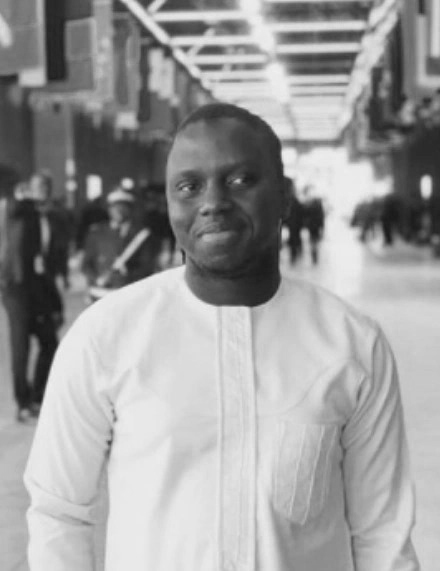Remi Ogunkayo

Chief Strategy Officer, StateCraft, Red Group
Lagos, Nigeria
I am a strategy and communications expert, serving as the key strategic director for my company’s governance communication division. Our clients run the gamut from Visa to Facebook, and I’ve worked on several elections, including three successful presidential campaigns in Nigeria (2015), Ghana (2016), and Senegal (2019). I am also a consultant and speaker on building small businesses and leading them to scale.
What drew you to the Global Business Administration program?
Perspective. The GBA program and the courses offered align with my interests in understanding the global economy and provide practical insights on how to build businesses to serve it. The university’s stellar reputation was also a big plus, and my prior engagements with student alumni further drove me to pursue the Fletcher GBA program.
What experience has stood out as one of the most challenging in your professional career?
Working the 2015 election in my home country, Nigeria, was definitely one of my biggest professional challenges. It was both exciting and challenging, and felt very much like a David versus Goliath battle. Our team was going up against an incumbent president with the government machinery on his side. Not only was our work germane to creating the zeitgeist of that era in Africa’s largest democracy, it proved to everyone—most especially ourselves, as Nigerians—that our democracy could function despite the beating it had taken in the previous two decades.
What course was your favorite course thus far, and why?
International Strategy and Innovation taught by Ravi Shankar Chaturvedi was my favorite course in the program thus far. Its hands-on nature provided the opportunity to master strategy decision-making skills, and the engaging live sessions coupled with the professor’s understanding of emerging markets were true highlights for me.
Tell us about a classroom experience that was particularly enriching for you personally.
During the Sustainable Business Dynamics class, we worked on the Fishbanks simulation, and it further illustrated how companies could and should take into account environmental impact. It’s easy for competing businesses to operate in silos and invest in a space while depleting the resource because there is no taking into account the future—either by the governments or the companies—something I see to be quite common in Africa. Not many African businesses find environmental metrics crucial to their core prerogatives, and this desperately needs to change. Even if companies or individuals are competitors, paying attention to environmental concerns affects the quality of life not just for the present, but for the future as well.
Do you have a quote, saying, or personal mantra that has been helpful along your professional (or personal!) journey?
Be prepared, be patient, be persistent.